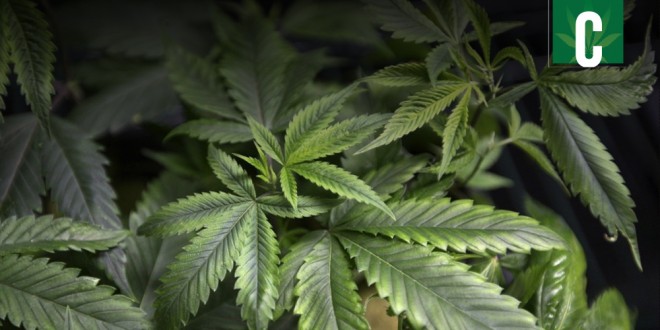Efforts to legalize marijuana for personal use in California were already mired in chaos. The confusion just got worse.
 Three major advocacy groups withdrew their support for what was considered to be the leading legalization proposal. Marijuana proponents hope voters will legalize weed by public initiative in 2016.
Three major advocacy groups withdrew their support for what was considered to be the leading legalization proposal. Marijuana proponents hope voters will legalize weed by public initiative in 2016.
The Marijuana Policy Project, the Drug Policy Alliance, and California NORML have apparently all backed away from the proposed initiative filed by a group called ReformCA. That petition initially drew the most attention and was widely considered the best bet for success.
Legalization efforts diluted
But it appears marijuana advocates simply can’t get along. There is almost no agreement among the various groups about what form legalization should take and who should benefit most. Some groups favor unrealistic proposals that would remove almost every conceivable restriction on weed, while those on the other end of the spectrum support more restrictive plans that have a better shot with voters.
As before, the holdouts may end up ruining the game for everyone.
Attempts to legalize last year also fell apart when the different groups couldn’t get behind a single plan. Without the financial backing of several major groups, no initiative is likely to make the ballot, let alone succeed with voters.
Public support is strong
But public support for legalization is strong, and activists insist they haven’t given away the goose just yet.
“We hope we can all get behind the initiative that has the best chance of winning,” said Lynn Lyman, California director of the Drug Policy Alliance. “We hope there’s only one by the time we get to Election Day.”
The Drug Policy Alliance could decide to draft its own proposal. If NORML and the Marijuana Policy Project also take this approach, it could spell doom for legalization.
The heart of the problem seems to be the language used on the ballot initiatives. “Circulation language,” as it’s called, is the text given to voters to explain the petition when asked for their signatures. It’s designed to convince them to sign.
“We want to have a plan B option that’s ready to go in case [another] initiative doesn’t represent and uphold the values and principles,” Lyman said. “We’re most concerned about a case where it doesn’t move forward.”
ReformCA’s proposal unpopular among other advocacy groups
 Translation: The Drug Policy Alliance didn’t like the terms of ReformCA’s proposal, and neither did the other groups. It remains to be seen what will happen next, but it now appears likely there will be three serious petitions contending to make the ballot, including one from the Drug Policy Alliance, one from tech billionaire Sean Parker, and the ReformCA initiative.
Translation: The Drug Policy Alliance didn’t like the terms of ReformCA’s proposal, and neither did the other groups. It remains to be seen what will happen next, but it now appears likely there will be three serious petitions contending to make the ballot, including one from the Drug Policy Alliance, one from tech billionaire Sean Parker, and the ReformCA initiative.
If more than one actually makes it before voters, the odds are good they’ll vote no on all of them. This is the usual outcome when voters are faced with competing referendums.
What’s more, there are at least another three petitions in the works, all from grassroots organizers. Some of these are ludicrously optimistic about what voters would tolerate, so they’re unlikely to get enough signatures to make the ballot, but they could add to the infighting.
Unity “was our plan,” said Dale Gieringer, state coordinator for California NORML. “The people drifted around and became noncommittal.”
 California Marijuana Market Breaking "Marijuana News" from CA
California Marijuana Market Breaking "Marijuana News" from CA


